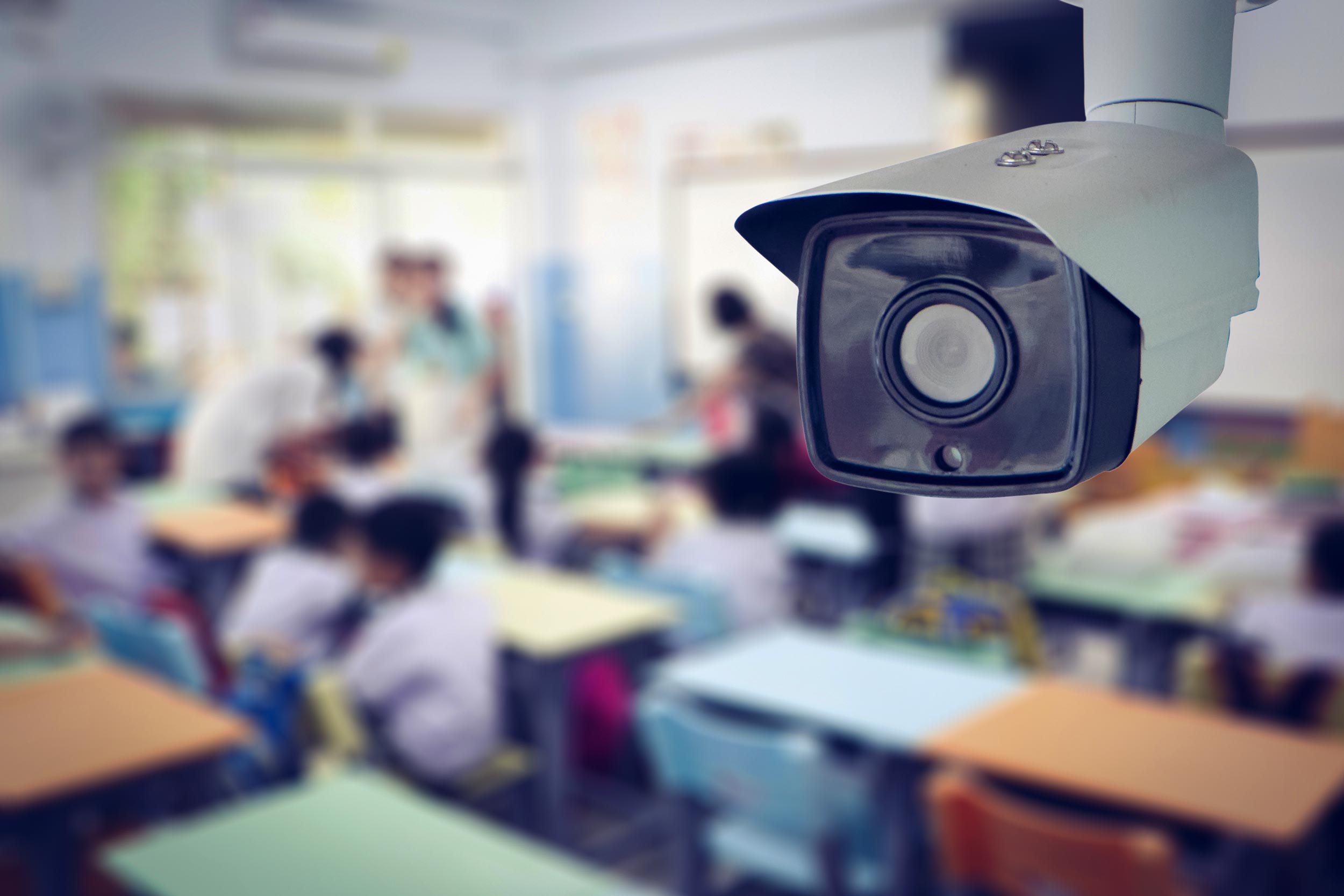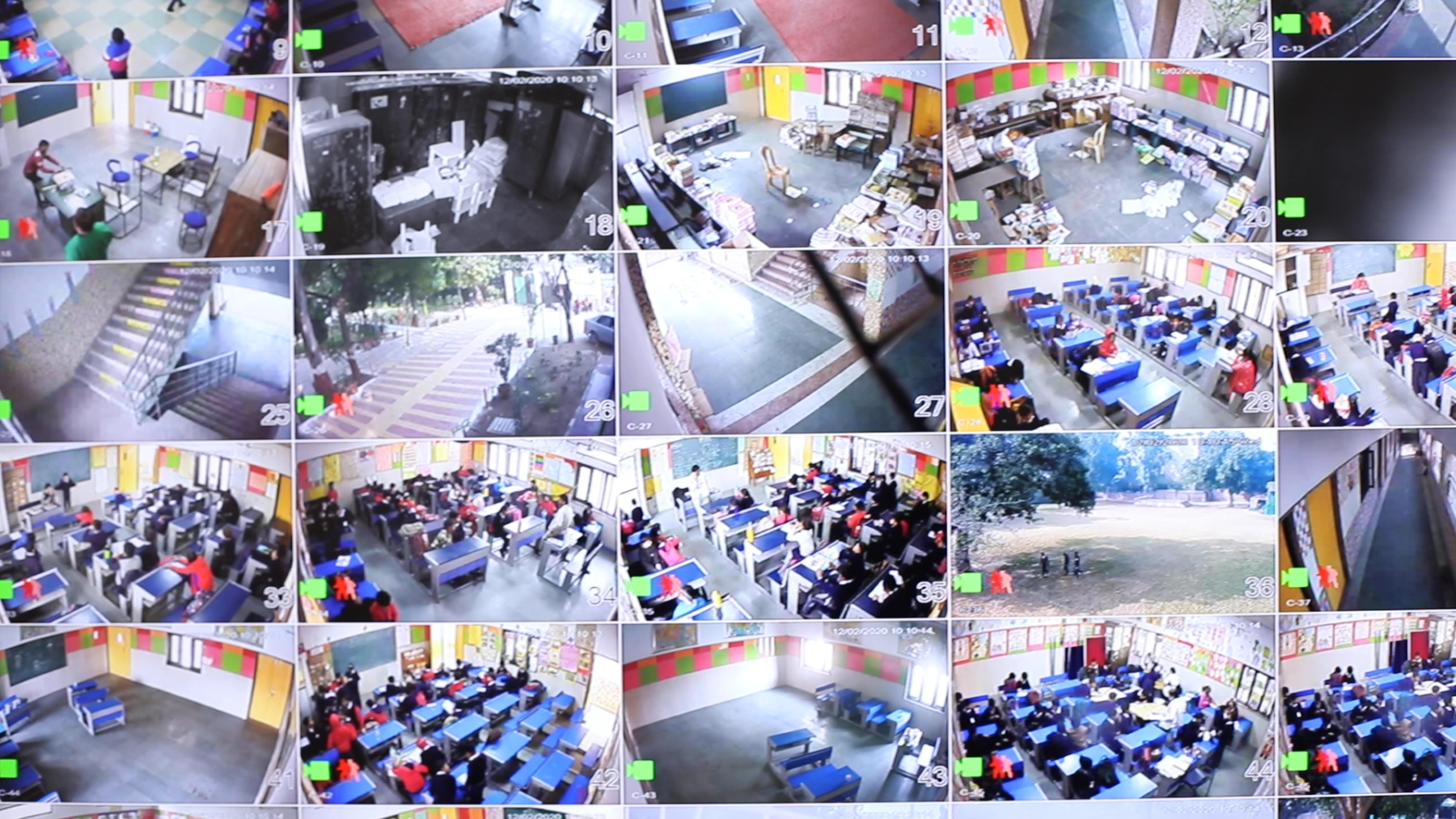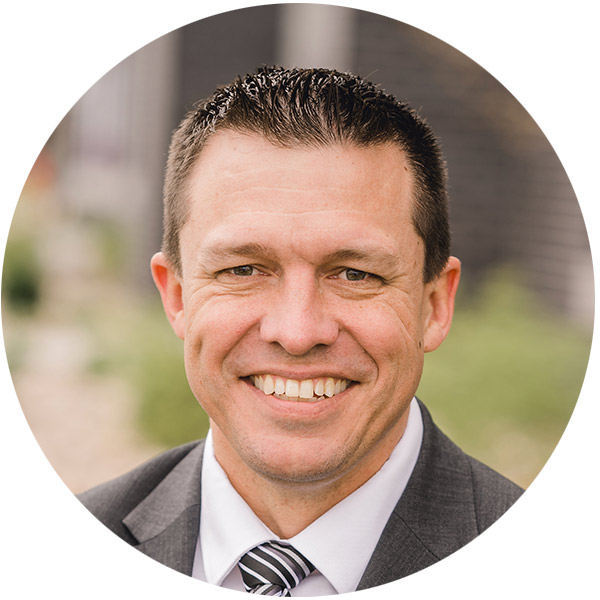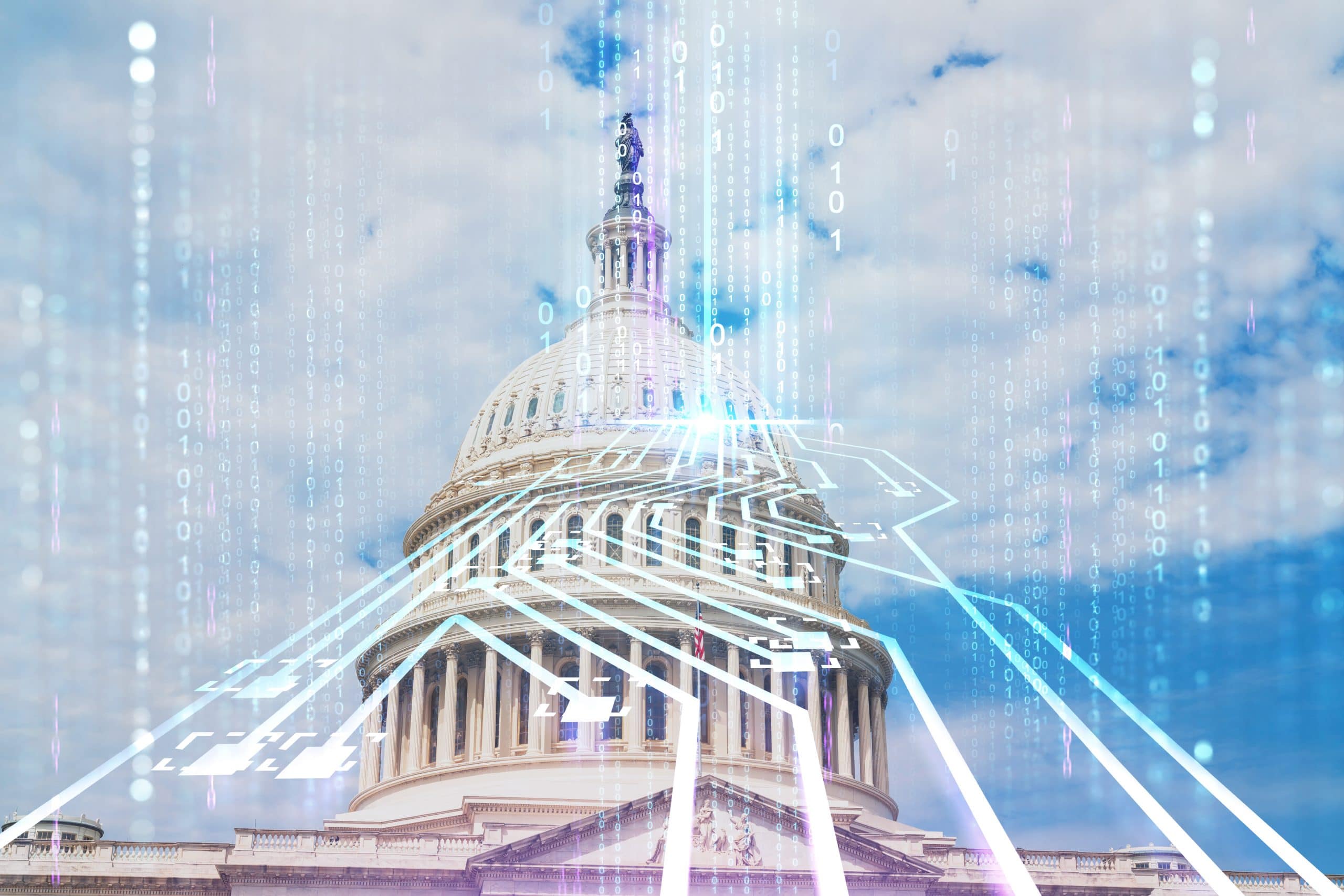This op-ed originally appeared in Standard-Examiner on August 27, 2022.
What would you do if you found out that the school you trusted with your child’s personal information had shared it with over one thousand companies on the internet?
This is exactly what is happening in Utah’s public schools. The sharing of student information has come to a head in Davis School District. An agreement between the US Department of Justice (DOJ) and Davis Schools has every student’s name, grade, school, and race being sent to the DOJ twice a year.
Outside of the family, schools are the first society most children live in. Under the auspices of socialization, children are increasingly taught to accept constant surveillance and a lack of privacy within their school.
How much personal information should schools collect on students? This is a valid question, but one that is routinely ignored by parents, teachers, and administrators alike. Personal student information is solicited from teachers for use in the classroom, and much of it seems reasonable. A child’s name, address, and phone number are necessary for a school to keep in direct communication with parents.
This personal student information is known as directory information. In Granite School District, schools are allowed to gather and distribute the name, grade level, district email, currently enrolled school, and student photo without obtaining parent permission.
But schools are also beginning to ask for much more personal information about a child’s “social and emotional” well-being. In Utah, some districts have partnered with companies like Panorama to administer surveys to help them identify “at-risk” students.
Are schools careful with this information? Not necessarily.
Protecting Our Personal Information
Laws like Family Education Rights and Privacy Act (FERPA) and Utah’s Student Data Protection, can’t protect against data breaches. In a five-year period in the United States between 2016 and 2020, there were 287 school districts that experienced a data breach. Six of the breaches were cyber criminals stealing information, but thirty-three were from employees voluntarily giving information. There are reports that thousands of students have had their personal information sold on the dark web.
Decisions to implement surveys such as the social-emotional survey on Panorama or the student survey on health and risk prevention (SHARP) are based upon fears of adults. These surveys gather sensitive personal information about a student’s home life and behavioral problems in and out of school. Information about suspensions, possible drug or alcohol use in the home, and relationships with parents are gathered routinely in these surveys. The intent of these surveys is to help families and students. Unfortunately, the surveys normalize the collection of this invasive questioning.
Other programs, like Bark! For Schools used in Weber School District, scan the students’ school emails, online drives, documents, and other district controlled products multiple times a day. They are searching for words or images that may be “suspicious” and should be reported to a school authority. My experience as a school administrator using this program is that it provided only false alarms. I received reports ranging from two students talking about what gun they would use hunting that weekend to the casual use of swear words between two friends.
The constant use of surveys is normalizing the government’s invasion of a child’s privacy. This normalization dilutes the idea of civil liberties by emphasizing conformity and fear of consequences.
The Digital Panopticon
Studies have been done showing that constant surveillance has negative consequences for those being watched. Those who are constantly being watched develop a mistrust of others, conform, and perform mediocrely. Mental health suffers too. Constant surveillance leads to increased stress, fatigue, and anxiety. These problems are the very thing surveys and surveillance is trying to solve.
We don’t know the full ramifications of the increased data and information gathering in schools.
You are your child’s best advocate. Learn what information your school shares. Discuss with the school why it is shared and how it benefits your child. Many of us have been taught that once something is on the internet, we can never get it back. Let’s do what we can to protect our children from that happening to their personal information.








